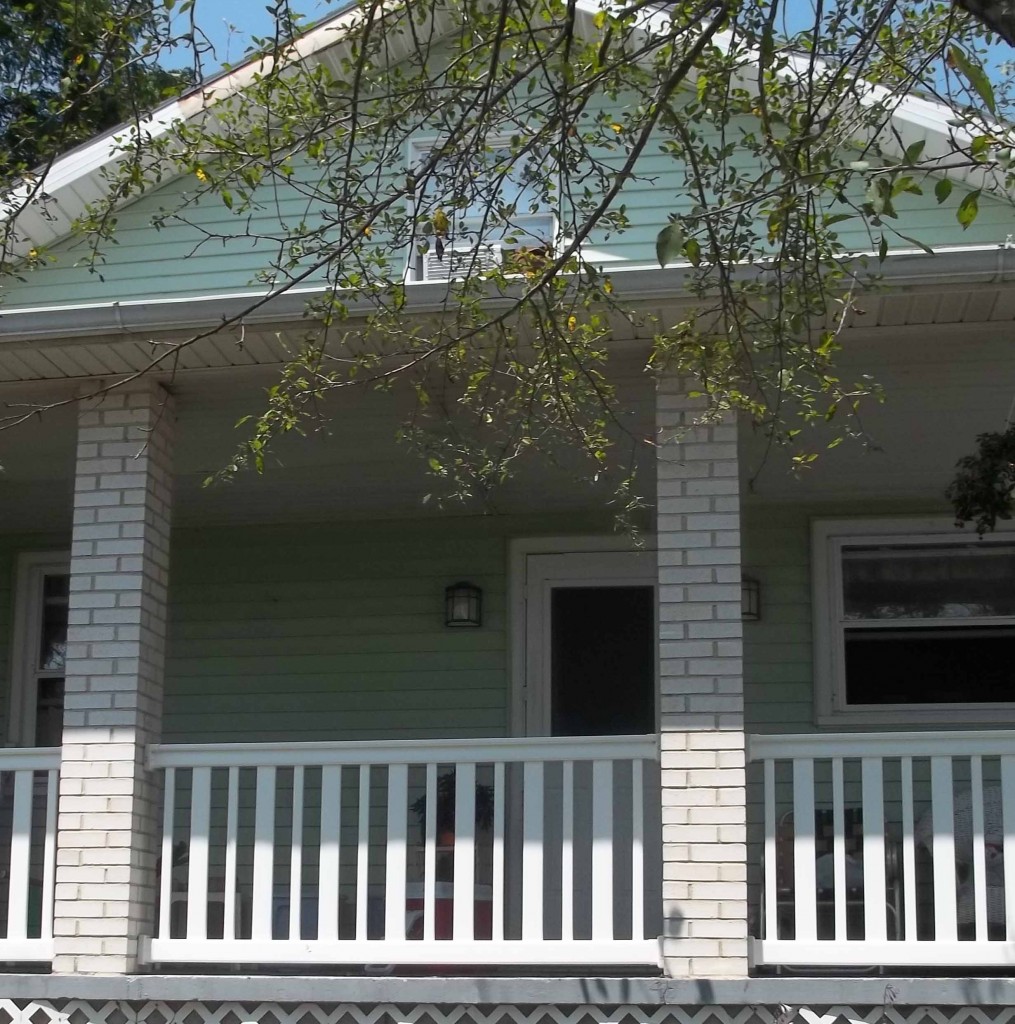 Landlord Dos and Don’ts of Converting a Home into a Rental
Landlord Dos and Don’ts of Converting a Home into a Rental
Are you looking for a way to make some extra money? Have you considered converting your home into a rental?
Renting out your house can provide you with a stable source of income. You may choose to rent your entire home, or with some creative changes to its layout, rent a part of your home. According to a recent report by Trulia, the percentage of renters to owners has increased from 38.5 percent to 43.3 percent, making the rental market an attractive option for anyone with excess space under their name.
But there’s much more to renting out your house than writing an ad and placing it on the classifieds. Different states and local authorities have differing laws. It is important to be in compliance with these laws and requirements.
Here are some non-state specific dos and don’ts that will help you get started renting out your home:
- Do consider the costs and benefits of becoming a landlord
There are many costs involved in renting property out that landlords need to consider. These costs include mortgage payments, repairs and maintenance as well as utilities. Consider all costs that you will incur as a landlord. Is it really worthwhile renting out your home? How much would you have to rent your property at in order to make a profit? Are tenants in the area willing to pay that amount? What are the going rates in your area? These are just some of the many questions you should ask before you rent out your property.
- Don’t be quick to set your rent
Don’t rush into setting your rent. While it is a good idea to consider the rental rates in the neighborhood, you should also consider what is unique about your rental property. Consider any renovations you’ve made to the property recently. Is there anything that your property offers that no other property provides tenants? These factors could contribute to an increase in value to your property.
- Don’t rush into managing your property
It takes a lot of time and commitment to manage a property. If you’re not prepared for the stress involved in dealing with tenants and the day to day running of the property, you can have a property management firm take over. They will only charge about 10 percent of the rent as payment for their services, but will relieve you of a lot of work and stress.
- Do prepare your home for renting
Are there any issues in the home that you need to have fixed? Are there any areas that you can improve on? Consider the needs of your future tenants. Ensure that your home meets rental standards.
- Do sort out insurance
If you have homeowners insurance, it is important to change your insurance to have the property insured as a rental property. Although landlord insurance will cover damage to your property, it won’t cover damage or loss to your tenant’s personal belongings. It is therefore recommended that you require your tenants to get renters insurance. Cover your bases by putting it into lease agreement. If they’re new to renting or being out on their own and look lost at the prospect of finding renters insurance, point them to the many online sites that quickly compare renters insurance quotes among different insurers. If they already have an auto policy, renters insurance might not even cost anything to add on.
- Do change the status of your home
Many local authorities require landlords to have permits in order to rent out their properties. It is therefore important to ensure that you have all your paper work in order as required by the specific area you live in.
- Don’t discriminate
It is important to screen potential tenants. After all, you’re letting people into your home, you want to make sure they’ll treat your home nicely and not cause any issues as far as payment or neighbor complaints. However, do not discriminate for type of job or a first impression. Allow all candidates equal opportunity to avoid what would be considered illegal discrimination.
You don’t need experience to be a successful landlord. You just need to cover all the bases. The tips provided above should get you started.








Leave a Reply